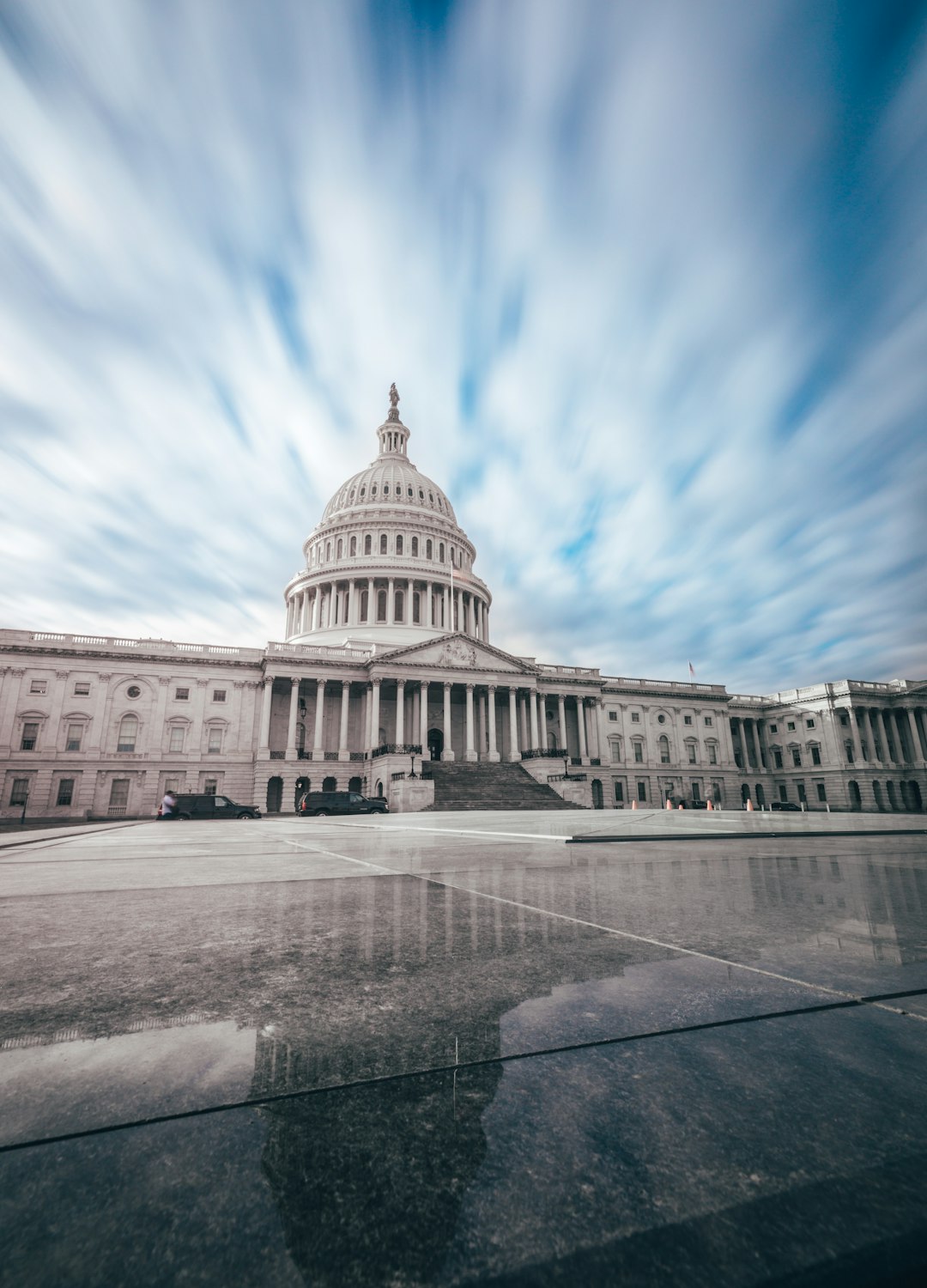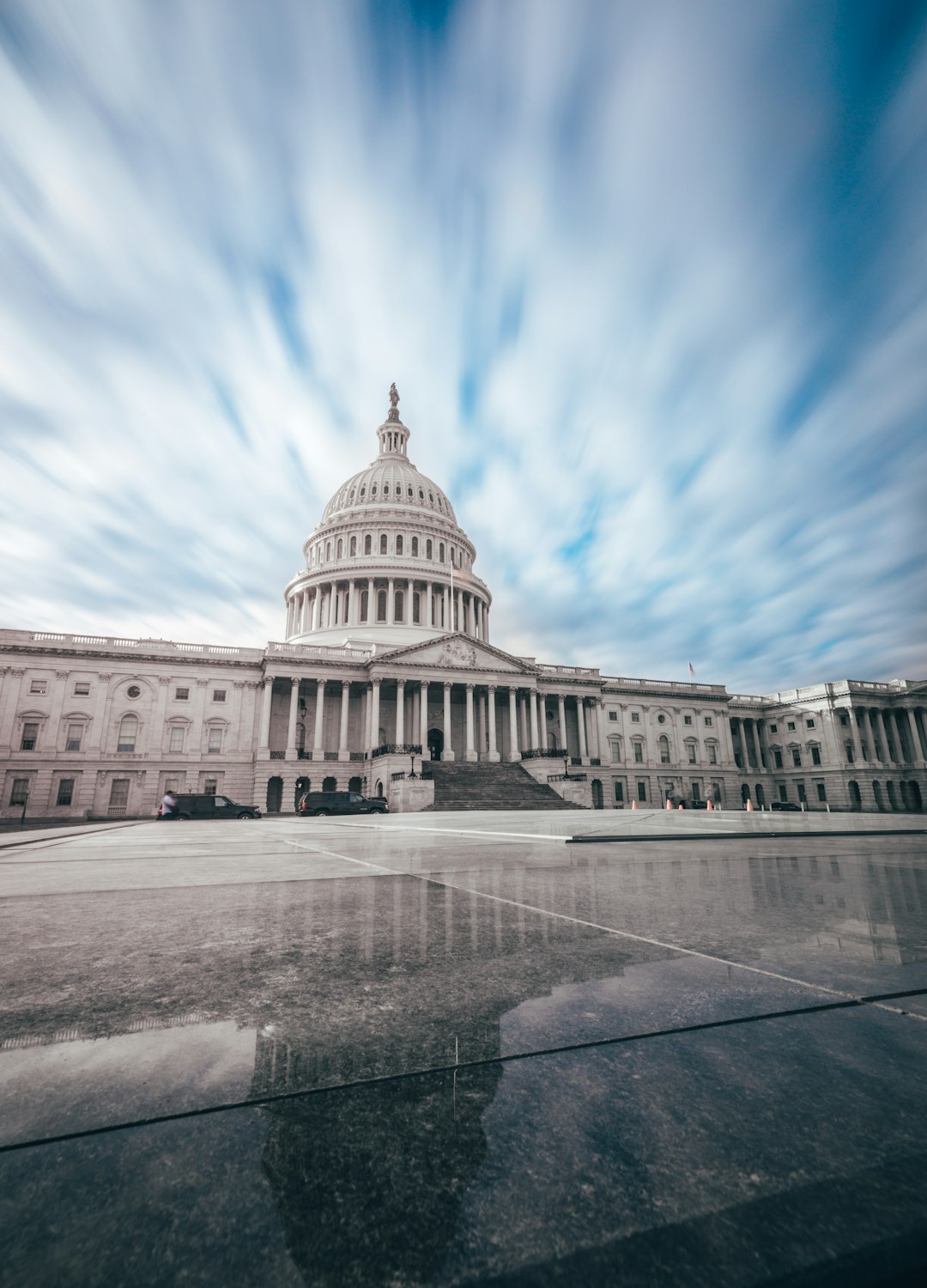Community engagement is key to protecting consumer rights in diverse urban areas like Washington. By connecting with neighborhoods and understanding their unique needs, advocates can ensure policies reflect all residents' interests. Local communities act as sentinels, uncovering issues centralized authorities might miss. Educational workshops, online platforms, and local leadership strengthen community ownership and empower residents to understand and protect their legal rights without needing to call a lawyer or law firm in Washington.
Community engagement is a powerful tool in advocating for consumer rights in Washington. This article explores the significance of local involvement and its impact on protecting consumers’ interests. By understanding the role of community engagement, we can highlight the benefits of grassroots efforts in consumer protection. We’ll present effective strategies to foster connections between legal services providers and communities, ensuring that every voice is heard and rights are upheld for all Washington residents.
Understanding Community Engagement: Its Role in Consumer Rights Advocacy

Community engagement is a powerful tool in the advocacy for consumer rights, especially in a diverse and dynamic city like Washington. It involves building strong connections with the community, understanding their unique needs, and empowering them to take collective action. By fostering open dialogue and collaboration, consumer advocates can ensure that policies and regulations truly represent and protect the interests of all residents.
This engagement process allows for the identification of pressing issues specific to different neighborhoods or demographics. For instance, a community may face challenges related to unfair business practices, unsafe product standards, or limited access to essential services. Through active participation, advocates can gather firsthand insights, making their advocacy efforts more targeted and effective. It also encourages residents to take ownership of their rights, fostering a culture of empowerment and collective responsibility.
The Benefits of Local Involvement for Consumer Protection in Washington

The involvement of local communities plays a pivotal role in strengthening consumer protection efforts in Washington. When residents actively engage in advocacy, they become the eyes and ears on the ground, identifying issues and concerns that might otherwise go unnoticed by centralized authorities. This grassroots approach ensures that consumer rights initiatives are tailored to meet the unique needs and challenges faced by Washingtonians. By fostering a sense of collective responsibility, communities can drive meaningful change and hold businesses accountable for their actions.
Moreover, local involvement enhances the impact and effectiveness of consumer rights advocacy. Community members who are directly affected by certain practices or policies have a deeper understanding of their implications. Their firsthand experiences provide valuable insights that can shape more effective strategies and solutions. This bottom-up approach encourages collaboration between consumers, community leaders, and relevant stakeholders, resulting in robust and sustainable protections for all Washington residents.
Effective Strategies to Foster Community Engagement in Legal Services

Effective community engagement is key to empowering consumers and ensuring their rights are protected in Washington. One powerful strategy is organizing educational workshops and seminars focused on legal rights, especially in underserved communities. These events can break down complex legal concepts into accessible language, fostering a better understanding of consumer protection laws. Inviting local leaders and advocates to co-host such initiatives strengthens community ownership and encourages active participation.
Another successful approach involves leveraging technology to reach a wider audience. Creating online platforms or social media campaigns dedicated to consumer rights can engage younger generations and those with limited access to traditional legal services. This digital engagement also allows for easy distribution of valuable resources, such as checklists and guides tailored to specific consumer scenarios, without the need to call any lawyer in Washington or consult a law firm in Washington.






